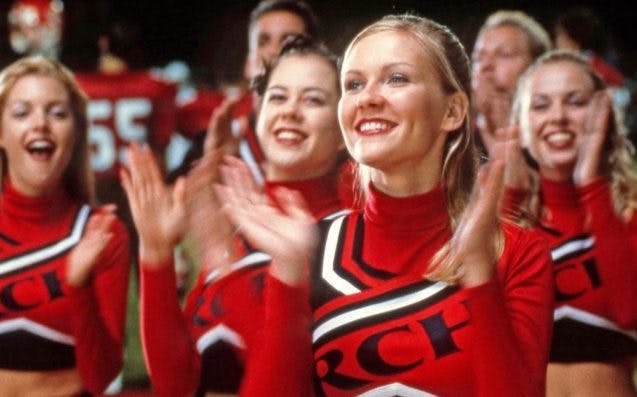In high school, I was the nerdy kid. There’s no shame in it. I’m quite proud of it actually. It means I made the most of my education. I played clarinet in the band, put on costumes with the drama club, sang in the chorus, argued with the debate team, and built long-lasting relationships. I cherish many of those friendships to this day.
Salute the Valedictorian
That’s not to say there wasn’t more I wanted to accomplish. More than anything, I pushed for valedictorian. I stayed up late at night and studied my you-know-what off to get good grades. It didn’t always come naturally to me but I had something to prove. No one in my family graduated high school, and I was going to break the cycle.
I missed out on valedictorian and weight ranked second in a class of more than 600. In the end, I not only got to be the first in my family to graduate high school, I went off and graduated from college and medical school too.
How Second Place Wins
Over those four years of high school, I sometimes ranked first, sometimes second or third in my class. I often flip flopped with my best friend Laurie. We challenged each other, encouraged each other better, and made each other better. I will always thank her for that. She ultimately gave the valedictorian speech at graduation and she did it justice, even if she did mention Donnie Wahlberg. Love you, Laurie!
Was I disappointed? Sure. I didn’t meet my goal. Was I sad? Absolutely not. Laurie worked equally hard if not harder and earned her moment at the podium. More than anything, I was proud of her.
It is like that famous scene in Bring It On. The Toros landed in second place and came out winners.
A Lesson From Olympic Athletes
The Toros knew what it meant to be on top. They took home the national cheerleading trophy the year before. Unfortunately, scandal followed. It turned out their choreographer stole routines from other teams! Where was the originality? In a rebuilding year, they started from scratch and staged their own routine.
At that year’s national finals, they competed against the Clovers and lost the title. Instead of complaining about “losing”, they jumped for joy. After a fiasco of a year, they were lucky to place at all. Look how far they’d come!
Not everyone is so graceful in defeat. Olympic silver medalists, i.e., second place finishers, may be worst of all. Studies in Journal of Personality and Social Psychology and Psychological Science looked at the emotional responses of Olympic athletes after winning a medal. The researchers found that while gold medalists were happy after a win (for obvious reasons), bronze winners were the happiest of all. They were simply grateful to make it onto the podium. Silver medalists, however, felt let down. They were *this close* but fell short of their goal. Somehow they push their amazing accomplishments aside.
Who doesn’t remember Olympic gymnist McKayla Maroney’s famous smirk on the podium after winning silver in 2012?
Take Pride in Your Accomplishments
It baffles the mind how many people knock themselves down when things don’t go according to plan. Life is full of unexpected twists and turns. Your ability to adapt is what defines you as a person.
I could have wallowed over not being valedictorian. The Toros could have sulked over not being national champions. Comparing ourselves to others doesn’t make us stronger. It demoralizes us. When you accomplish something, appreciate what you were able to do. Every step forward adds color and dimension to your life.
The “winner-loser” mentality, the whole “I’m better than you” attitude, is an unhealthy way to live. You can only be better than the person you were yesterday. As long as you do your best, there’s nothing wrong with second place. It’s what you gain from the experience.
References
Matsumoto D, Willingham B. Spontaneous facial expressions of emotion of congenitally and noncongenitally blind individuals. J Pers Soc Psychol. 2009 Jan;96(1):1-10. https://doi.org/10.1037/a0014037
Matsumoto D, Willingham B, Olide A. Sequential dynamics of culturally moderated facial expressions of emotion. Psychol Sci. 2009 Oct;20(10):1269-75. https://doi.org/10.1111/j.1467-9280.2009.02438.x


Leave a Reply